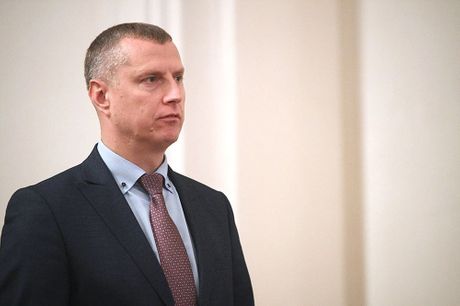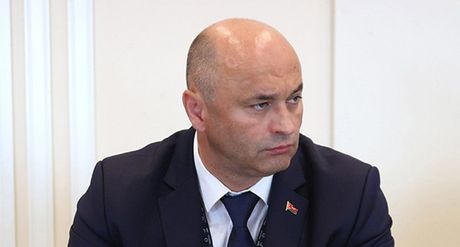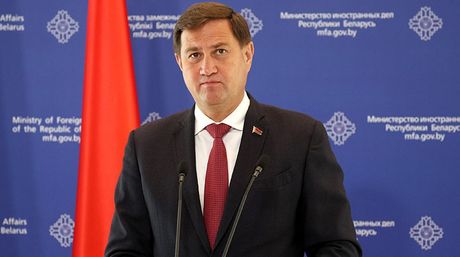Opinion: Belarus-Russia Union State programs highlight economic modernization issues
12:46, 8 September

The Belarus-Russia Union State cooperation programs are mostly related to economic modernization, political analyst Piotr Petrovsky said in an interview to the newspaper “SB. Belarus Segodnya', BelTA has learned.
- Share on Facebook
- Share on VK
- Share on Twitter
“Despite a great deal of criticism from the opponents of the Union State and the Eurasian integration in general, we can see a fruitful yet very hard and painstaking work to develop 28 Union State programs. The very transformation of the wording from road maps to programs already demonstrates the progress in the elaboration of these documents. Diplomats from the two countries have announced their intention to sign them. There are still some questions, of course, in terms of the content of these programs and conditions of integration. We need to understand that the Russian Federation is well aware that last year's events in Belarus were directed primarily against it. An election campaign is in progress in Russia. It actually began last year with Mr. Navalny, and we have seen how it went. Against this backdrop, cooperation and increased integration with the Republic of Belarus is a step for the Russian Federation to strengthen its own sovereignty, especially in the technological sector,” the expert said.
Piotr Petrovsky believes that the frequent meetings of the two presidents over the past two years show that both countries want to overcome the technological gap with their main competitors.
“It is done to increase their own competitiveness, to modernize their economies. These Union State cooperation programs are mostly related to modernization of the economy: industry, agriculture, electronics, the military-industrial complex and a number of other important industries. As for gas and oil, the most sensitive issues on which there have been quite strong debates, it will certainly be interesting to see their terms. I would remind you that Belarus advocates the development of single oil and gas markets on equal, mutually beneficial terms. Secondly, one should understand that the Russian Federation is now implementing its Nord Stream 2 project, and there are other companies fighting for access to this pipe,” the analyst said.
He believes that if the two countries develop common oil and gas markets, it will be possible both in the gas and oil sector to have competition even with Russian companies.
“There is readiness on their part to work with us. For example, Rosneft is able to produce gas and has actually applied to the Energy Ministry for the right to supply it to the European Union. I think it will be beneficial for this company to supply fuel to Belarus as well. There are very lively discussions in the energy sector of Russia about its policy. I think that the oil and gas programs will be aimed at equal, mutually beneficial market conditions and the development of common approaches to pricing for energy resources within the Union State,” Piotr Petrovsky said.






